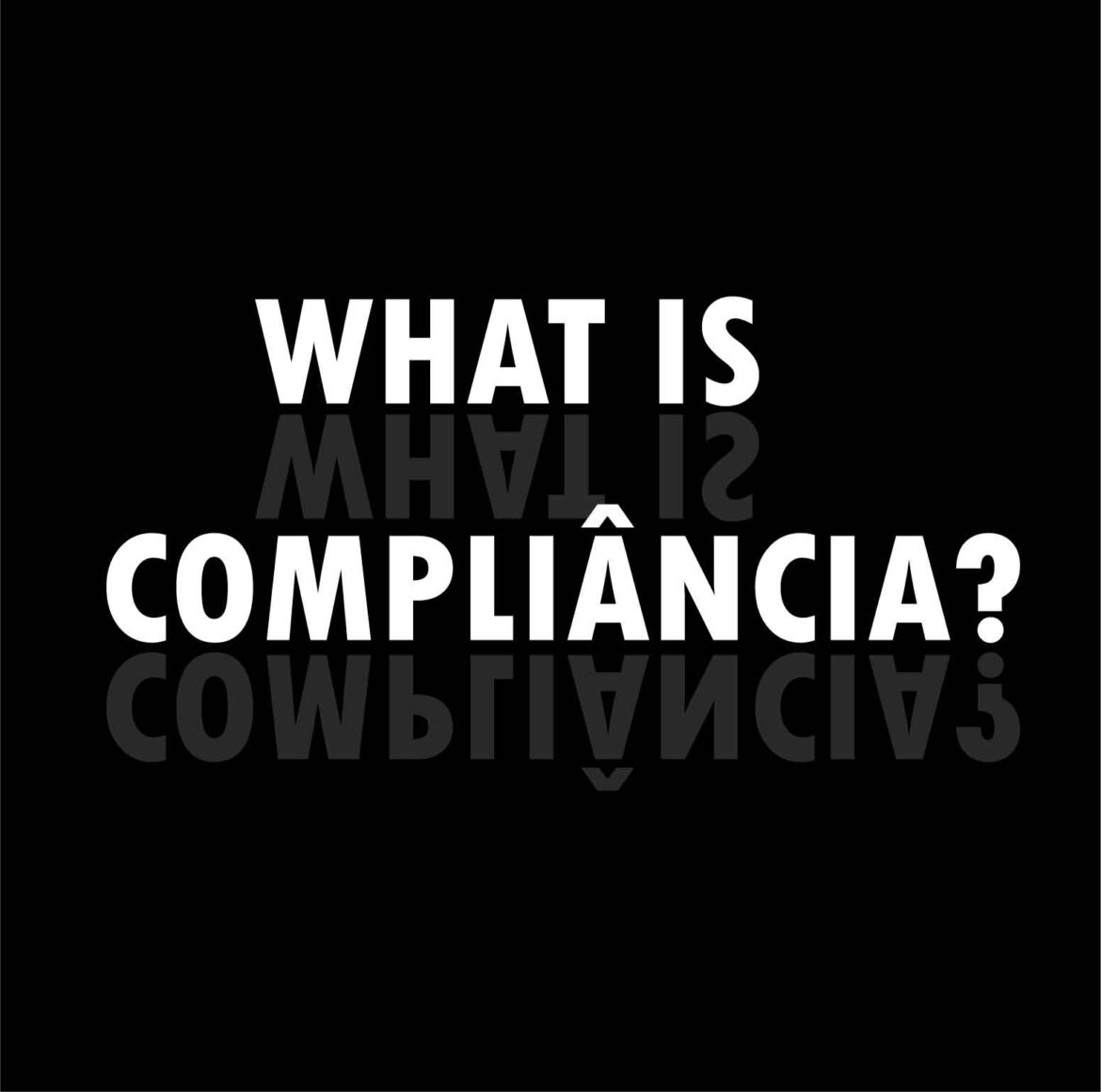Introduction to Comprehensive Article on “Compliância”
In today’s rapidly evolving business landscape, the significance of “compliância,” or compliância, cannot be overstated. Compliância refers to the practice of adhering to laws, regulations, standards, and ethical guidelines applicable to an organization. This long-form article aims to delve deep into the concept of compliância, exploring its various facets across different industries, the roles and responsibilities of compliância officers, and the implementation of effective compliância programs.
Understanding the Scope of Compliância
Compliância encompasses a wide range of practices designed to ensure organizations operate within legal and ethical boundaries. From adhering to financial regulations to following environmental guidelines, compliância affects nearly every aspect of an organization’s operations.
Compliância in Different Industries
The requirements and challenges of compliância vary significantly across industries. This section will explore how sectors such as finance, healthcare, technology, and manufacturing navigate their unique compliância landscapes.
The Role of Compliância Officers
Compliância officers play a critical role in ensuring organizations meet their regulatory obligations. This section will cover their key responsibilities, the skills and qualifications necessary for the role, and the challenges they face.
Compliância Frameworks and Models
Various frameworks and models guide organizations in establishing and maintaining effective compliância programs. This section will introduce readers to some of the most widely used compliância frameworks, including ISO standards and the COSO framework.
Implementing a Compliância Program
Developing and implementing a compliância program is a complex process. This section will outline the steps involved in creating a compliância program, from initial development through to training, education, and ongoing monitoring.
“Compliância” refers to compliância. It specifically means conforming to laws, regulations, standards, and ethical guidelines that apply to an organization.
This section will underscore the importance of compliância in the global business environment, featuring case studies that highlight the consequences of non-compliância and the benefits of adherence to compliância standards.
Risks of Non-Compliância
The consequences of failing to comply with legal and regulatory requirements can be severe. This section will discuss the financial, reputational, and legal risks associated with non-compliância.
Emerging Trends in Compliância
The field of compliância is constantly evolving. This section will examine the latest trends, including the role of technology in compliância and the challenges presented by global compliância requirements.
FAQs on Compliância
Addressing common questions about compliância will help readers gain a clearer understanding of this complex topic.
Conclusion
This concluding section will recap the importance of compliância in today’s business world and offer final thoughts on the subject.
FAQs on Compliância
What is compliância and why is it important for businesses?
Compliância refers to the process of adhering to laws, regulations, standards, and ethical practices that apply to an organization. It’s crucial for businesses because it helps prevent legal issues, fines, and damage to reputation. Additionally, being compliant builds trust with customers, partners, and regulators, which is vital for long-term success and sustainability.
How can a company determine which regulations apply to it?
A company can determine applicable regulations by considering its industry, location, and the nature of its operations. Consulting with legal experts and compliância officers is advisable to get a comprehensive understanding of the regulatory landscape. Additionally, organizations can follow updates from regulatory bodies and industry associations relevant to their field.
What are the steps to developing a compliância program?
Developing a compliância program typically involves several key steps:
- Assessing the regulatory requirements applicable to the organization.
- Setting clear compliância policies and procedures.
- Educating and training employees on compliância practices and expectations.
- Implementing monitoring and auditing mechanisms to ensure ongoing adherence.
- Regularly reviewing and updating the compliância program to address new or changing regulations.
Who is responsible for compliância in an organization?
While specific responsibilities may vary, compliância is generally a collective effort within an organization. Typically, a designated compliância officer or team leads the program, ensuring policies and procedures are up-to-date and adhered to. However, all employees play a role in maintaining compliância through their daily activities and decision-making.
How does technology impact compliância?
Technology significantly impacts compliância by providing tools that streamline compliância processes, such as monitoring transactions, managing data privacy, and automating reporting. It also introduces new challenges and regulatory considerations, especially in areas like cybersecurity and digital transactions. Organizations must stay informed about technological advancements and regulatory changes to manage compliância effectively.
What are the consequences of non-compliância?
Non-compliância can lead to a variety of consequences, including legal penalties, fines, and sanctions. It can also result in reputational damage, loss of business, and in severe cases, the shutdown of operations. Additionally, non-compliância can negatively affect employee morale and stakeholder trust.
How often should a compliância program be reviewed?
A compliância program should be reviewed regularly, at least annually, or more frequently if significant changes occur in the regulatory environment or within the organization itself. Reviews should also be conducted after any compliância breaches or failures to ensure corrective measures are implemented effectively.




